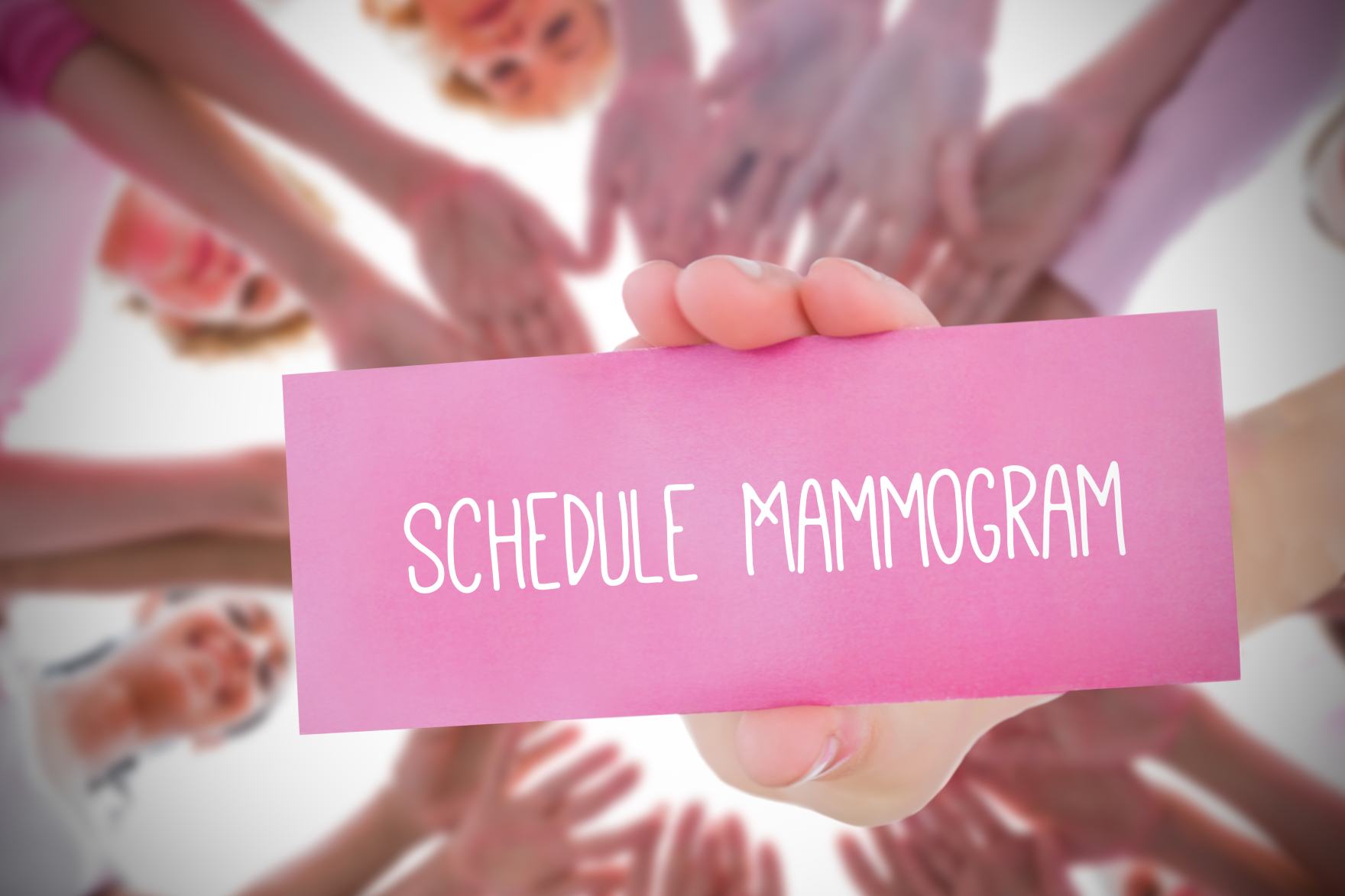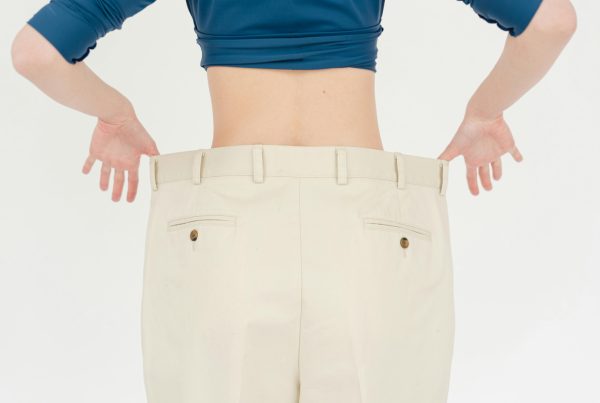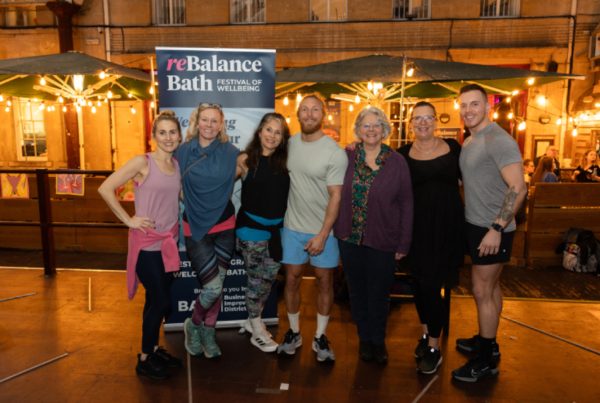When the COVID-19 pandemic kicked off in 2020, no one knew how far reaching the repercussions would be. Now, over a year in, we are beginning to understand. Macmillan estimates that due to the huge strain put on hospitals across the UK, there could now be up to 50,000 missing cancer diagnoses in the UK but, as anyone who has been impacted by cancer will know, the people tackling the disease are more than just a number. This Breast Cancer Awareness Month in October, we follow one woman’s journey with breast cancer from diagnosis to recovery with the help of private, charity-run medical facility New Victoria Hospital.
Discovery
Receiving a cancer diagnosis in the middle of a pandemic lockdown with a teen child in need of home-schooling may sound like a nightmare, but this is exactly what happened to personal assistant Michelle Tatarczuk, 42, who found a lump in her right breast back in May 2020.
Obviously worried, she was keen to get it checked as soon as possible, but due to the COVID restrictions that were in place at the time she had to wait for a mammogram. Michelle adds, “I felt slightly concerned about the lump, but thought it would be ok as the GP said it felt benign and also because I have no history of breast cancer in my family.”
It wasn’t until October that Michelle was able to attend an annual health assessment. From there, she was quickly referred to Professor of Breast Surgery, Zoe Winters.
Diagnosis
A nationally and internationally recognised breast surgeon, Professor Winters is one of the top breast consultants at New Victoria Hospital and has won several clinical excellence awards. Also awarded for her clinical research, she has led two world-first randomised trials in breast surgery. As such, Michelle knew she was in safe hands.
Professor Zoe Winter says, “Surgery is both an art and a science where wisdom is required to consider the latest thinking and innovations in treatment inspired by these concepts to impact positively on women’s lives”
It was through a mammogram, ultrasound, biopsy and MRI pathway at New Victoria Hospital that she received her complete diagnosis – a Grade II Pleomorphic Invasive Lobular Cancer in the right breast.
Professor Winters adds, “clinically there were no obvious abnormalities, but mammogram and ultrasound detected an atypical lump measuring 6 mm that biopsy confirmed was a small cancer. Breast MRI showed further small nodules that allowed conserving surgery”
Michelle recalls, “Nothing was picked up on my mammogram, only during my ultrasound. I am forever thankful to the sonographer who saw the shadow and did the biopsies. It could easily have been missed. It was a big shock to find out I had breast cancer, as I don’t have a history of this type in my family,” Michelle continues “and attending the consultations was a bit overwhelming at first as there was so much information to take in.”
This, she says, was made easier by the expertise and care of Professor Winters, who explained the results to her scans and the best course of treatment in a way that was easy to understand. “She was always very patient, reassuring and positive and following our consultations and she sent me lots of information to read through in my own time, which was very helpful.”
For cancer patients – particularly those who have a long and difficult journey to recovery – working alongside a medical team that treats you as humanely as possible is a top priority. Thankfully, Michelle found this in Prof. Winters. ”I truly feel that she really cares about her patients and makes you feel that you are not just a number. I very much enjoyed my consultations with her. She really is an amazing surgeon.”
During this period, Michelle also found the added touches that New Victoria provided particularly helpful considering the ongoing situation with the pandemic. “The facilities were great, the environment was very welcoming and COVID regulations were followed. There was always parking available (free of charge) and I never had to wait too long to be seen for my scans and appointments.”
Treatment
Michelle was recommended surgery, radiotherapy and injections as part of her treatment plan, with her operation taking place in December 2020 – two months after being diagnosed with breast cancer. Her Lumpectomy included a right wire guided local incision and dual localisation sentinel node removal.
Professor Winter says, “New localisation techniques allow the surgeon to remove very small cancers that can’t be felt. Likewise dye localisation of lymphatic draining lymph nodes allows simultaneous diagnosis and treatment of predictor lymph nodes called a sentinel lymph node biopsy. Early cancer detection predicts significantly improves clinical outcomes and ensures potential cures”.
Michelle was then given time to recover before starting on ten sessions of Radiotherapy.
Recovery
As anyone who has dealt with cancer knows, the road to recovery is rarely smooth sailing – particularly if it involves other challenging factors. For Michelle, the initial recovery from surgery took 8 weeks, which then had to be followed up with Radiotherapy, and a cocktail of daily and monthly injections – both of which she will need to continue for at least 5 years.
“The whole process – surgery and radiotherapy – was extremely difficult as I had to go to all consultations and treatment by myself and couldn’t see any of our family as we were in lockdown,” Michelle explains. “My husband spent a lot of time waiting for me in car parks!”
Speaking of the immediate surgery recovery, she said: “I was physically very sore and tired immediately following and was unable to do anything too physical for 8 weeks. I found this very difficult as I am a very active person.”
Healing Hurdles
Cancer patients often find there are small hurdles to overcome on their road to healing – ones that are worth taking, but challenging nonetheless. Michelle experienced some muscle tightness in her arm and shoulder following her surgery and Radiotherapy, for which she underwent physiotherapy. She also had a slight skin lymphedema (a fluid build-up) and medication-induced menopause, causing hot flashes.
Thankfulness
Despite the huge challenge that Michelle’s breast cancer journey has presented for her, she is thankful for the time and health it’s afforded her. “These difficulties, as well as the lack of sleep they caused, did affect me physically and psychologically but are far better than the alternative.
“The treatment has removed all the cancer from my body. It saved my life.”
Early detection of breast cancer is vital as it increases the chance of successful treatment. For more information on the services provided by Professor Zoe Winters and New Victoria Hospital’s specialist breast clinic, head to the website here:
Our Editor Karine’s cancder journey blog is a great insight into finding out and dealing with cancer, written with plenty of humour as well as great advice.




